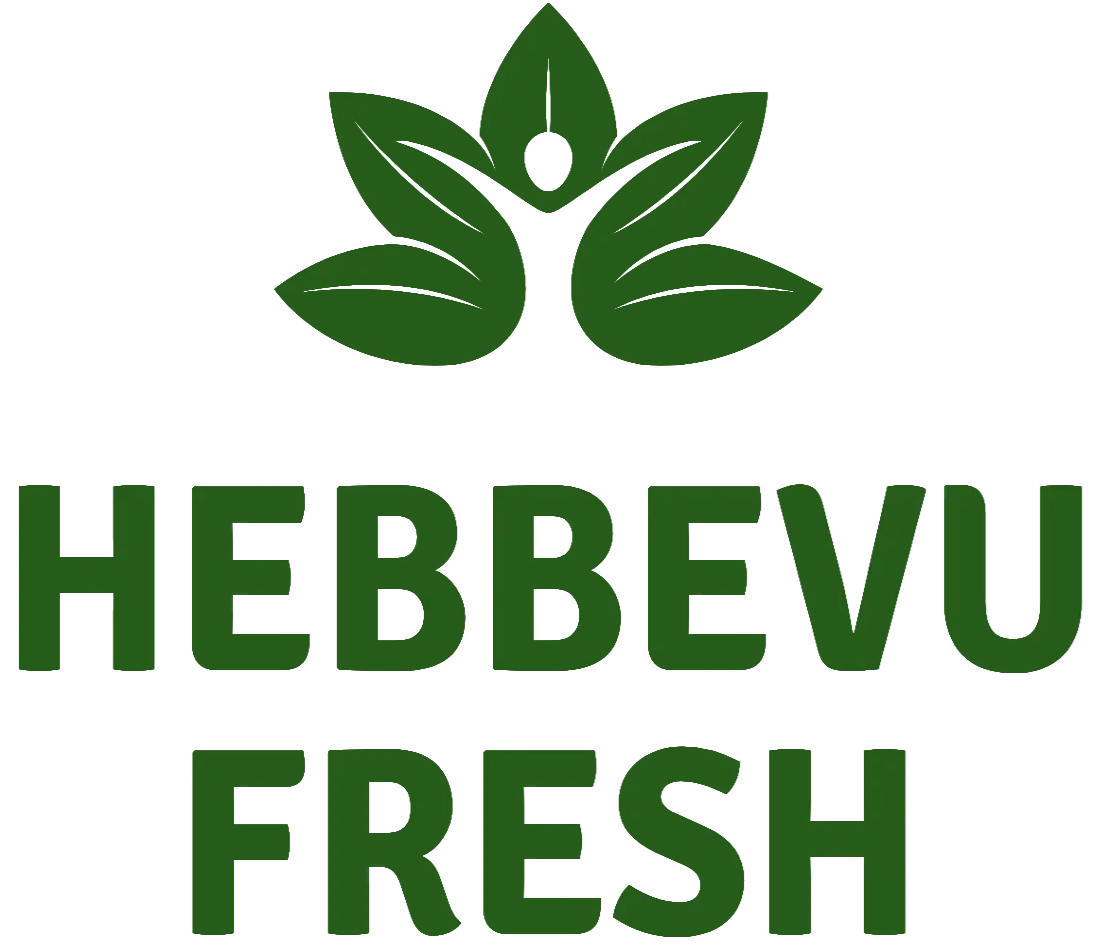In a world where dietary choices play a crucial role in our well-being, the spotlight has recently shifted towards A2 milk and its derivative, organic A2 cow ghee. These products, touted as the epitome of nutritional excellence, are gaining popularity for their purported health benefits and unique composition.
At its core, A2 milk is a type of cow's milk that contains only the A2 beta-casein protein, as opposed to conventional milk, which contains a mix of A1 and A2 proteins. The A2 protein is believed to be easier to digest, making A2 milk an appealing option for those who may experience discomfort or digestive issues after consuming regular milk.
One of the primary distinctions of the best A2 milk lies in its protein profile. The A2 beta-casein protein is found in the milk of certain cow breeds, such as the desi cows native to India. Advocates of A2 milk claim that it not only aids in better digestion but also reduces the risk of certain health issues associated with A1 protein, such as bloating and inflammation.
Furthermore, A2 milk enthusiasts argue that this variant contains a higher concentration of essential nutrients like calcium, which is crucial for maintaining strong bones and teeth. The purported benefits of A2 milk extend beyond digestion, aiming to address broader health concerns and promote overall well-being.
Organic A2 cow ghee, derived from A2 milk, adds another layer to this nutritional narrative. Ghee, a clarified butter, has been a staple in traditional diets for centuries, prized for its rich flavour and potential health benefits. The organic A2 cow ghee takes this culinary delight a step further by incorporating the goodness of A2 milk.
Unlike conventional ghee, which may be derived from A1 milk, organic A2 cow ghee ensures a purer form of the dairy product. Proponents argue that the absence of A1 protein in the milk used to produce A2 ghee enhances its digestibility and makes it a suitable option for those with lactose sensitivities.
Beyond digestibility, organic A2 cow ghee is believed to contain a higher concentration of certain nutrients, including antioxidants and vitamins. Some even claim that regular consumption of this ghee may contribute to improved immunity and better overall health.
It's important to note that while the potential benefits of A2 milk and organic A2 cow ghee are intriguing, scientific consensus on these claims is still evolving. Research is ongoing to validate the purported advantages and understand the full scope of these products' impact on human health.
In conclusion, A2 milk and its derivative, organic A2 cow ghee, are carving a niche in the health and wellness landscape. The focus on a specific protein variant and the organic production process sets these products apart, attracting consumers seeking a more digestible and potentially nutrient-rich alternative to conventional dairy. As research continues to unfold, it will be fascinating to see how A2 milk and its derivatives shape the future of dairy consumption and contribute to the ongoing conversation about optimal nutrition














